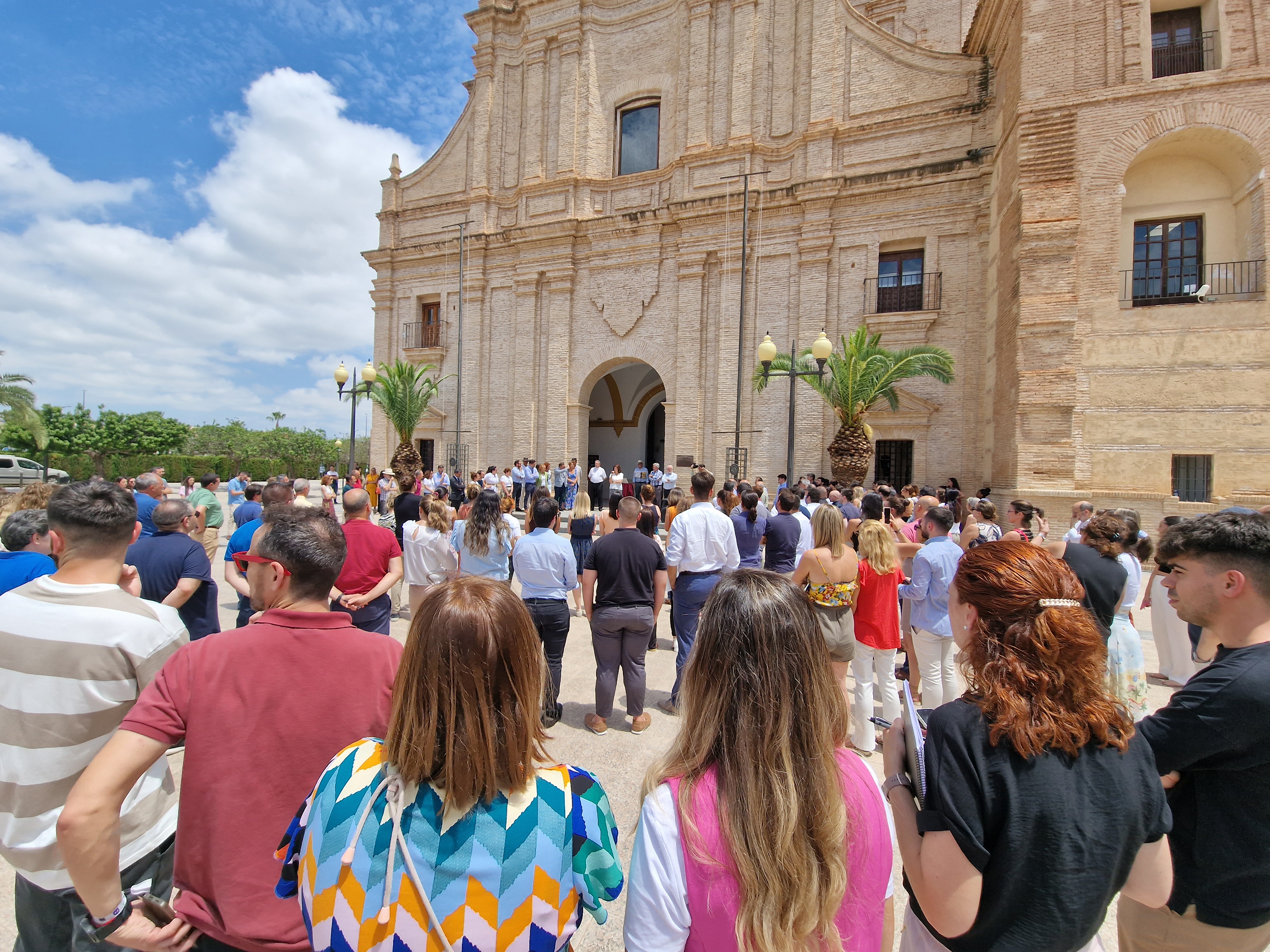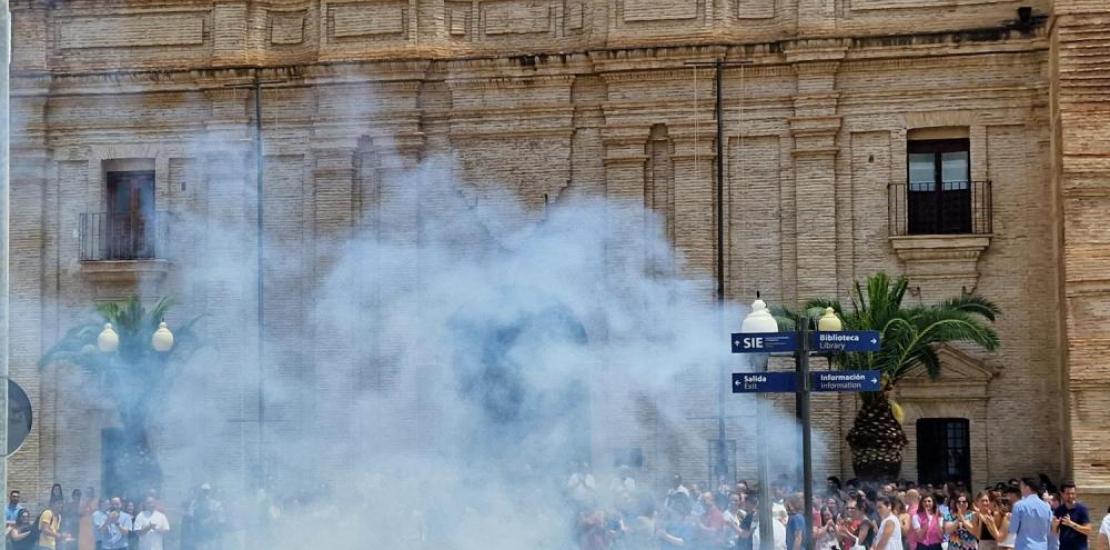The Inter-University Council approves the UCAM Bachelor’s Degree in Veterinary Medicine for this coming academic year
The Inter-University Council approves the UCAM Bachelor’s Degree in Veterinary Medicine for this coming academic year
Aimed at training competitive professionals throughout the European Higher Education Area, UCAM Bachelor's Degree in Veterinary Medicine will be offered for the next academic year 2023/24. It will be taught in a bilingual classroom mode at the Los Jerónimos Campus and will includes veterinary disciplines such as physiotherapy, animal welfare and aquaculture to complement the clinical training of the students. Classes will begin in September, after having received the approval of the Inter-University Council for the implementation of the degree, pending only the approval of the Governing Council of the Autonomous Community.
The UCAM President, María Dolores García, expressed her joy and gratitude to God for the incorporation of Veterinary Medicine into the University's catalogue of degrees and emphasised that ‘this project was absolutely ready to be completed in its first year, but sometimes there is reluctance. Our offer is very much oriented towards international students and this is an area in which the Universidad Católica de Murcia has already proven itself. We have students of 105 nationalities, thanks to the appeal of our bilingual degrees, and our degrees taught 100% in English’.
This idea was endorsed by the UCAM Rector, Josefina García Lozano, stressing that ‘it is a project we have been fighting for for a long time; it was a difficult road, but results finally prevailed. It already had the approval of ANECA and the Council of Universities, but that is OK, the report has only been strengthened further.’ The rector paid special tribute to José Luis Mendoza, assuring that ‘we would have liked our founder to have lived this moment, he had well deserved it, as the degree was at the optimum level to have passed the Interuniversity council during his lifetime, but things came about this way and we accept it.’
Juan María Vázquez, Regional Minister for Universities, told the media that ‘seven out of every eight students who apply for this degree are left out, because number of places is not adequate for the amount of applicants’, adding that this UCAM degree ‘is not only regional, but also national and international. The degrees taught in Spain are valid anywhere in the world, and it is important to note that this degree will be bilingual, which provides it with added value’. At the same time, he stressed that ‘this is the sequential implementation of a degree, as is the case in the vast majority of them. This also happened in the last two veterinary degrees that were approved in other universities in Spain, where the infrastructures are also being created as they are needed.’
As with all its degrees, UCAM guarantees a direct relationship with the profession to students of this Degree. This will be provided through cutting-edge learning models, with all-inclusive and modern facilities, equipped with the most innovative technology, based on advanced simulation environments, with unique clinical simulators in Europe, such as the TraumaFX® Advanced Canine Medical Trainer (K9 Diesel), as well as the detachable canine phantom for ultrasound, X-ray and CT. In addition, students will be able to perform clinical internships both in the Small Animal Hospital, which is equipped with all the necessary facilities for professional practice, and in our own Large Animal Hospital.
The UCAM Veterinary Degree has state-of-the-art infrastructures such as the Anatomical Model Room, the Simulated Clinical Hospital, the Virtual Dissection Room and the Dissection and Necropsy Room.
These are unique models in Europe with high healthcare technology linked to computer systems that greatly increase the learning possibilities by enabling students to work in multiple physiological and pathological situations and to handle complex clinical situations in real life-like conditions. These are located in a furnished environment such as the surgical care, resuscitation or clinical consultation areas, and it has been shown that creating these simulated scenarios places students in a realistic situation.
Prior to today's approval by the Inter-University Council, the UCAM's Degree in Veterinary Medicine had already received the required authorisation from the National Agency for Quality Assessment and Accreditation (ANECA) and from the General Conference on University Policy, having been awarded 60 places, as well as the positive verification report from the Council of Universities.
Excitement and joy at Los Jerónimos
At the end of the Inter-University Council, the three representatives of the Universidad Católica de Murcia, the President, María Dolores García, the Rector, Josefina García, and the Vice-Rector of Quality and Academic Planning, Manuel Ruiz, went to the Los Jerónimos Campus where they experienced some very emotional moments. First, accompanied by several family members and University directors, they visited the chapel where the mortal remains of José Luis Mendoza rest, and later, in the San Juan Pablo II square, they celebrated the approval of this degree with a large number of members of the academic community. The attendees said a prayer and paid tribute to the promoter of the degree and founder of the University, José Luis Mendoza, after which a thunderous roar of applause was heard.





